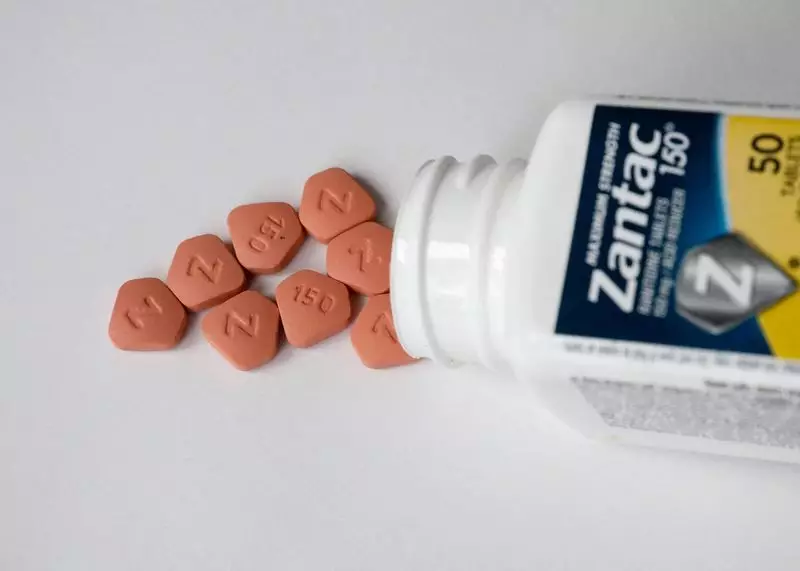Recently, a Delaware judge made a significant ruling regarding the over 70,000 lawsuits filed against the former makers of the heartburn drug Zantac. The judge, Vivian Medinilla of the Delaware Superior Court, allowed expert witnesses to testify in court that Zantac may be linked to cancer. This decision was seen as a setback for the pharmaceutical companies, including GSK, Pfizer, Sanofi, and Boehringer Ingelheim, who had argued that the opinions of the expert witnesses lacked scientific support. Despite their disagreement with the ruling, GSK, Pfizer, and Sanofi have stated that they plan to appeal the decision.
The controversy surrounding Zantac began in 2019 when manufacturers and pharmacies stopped sales of the drug due to the presence of a cancer-causing chemical called NDMA in some pills. It was discovered that Zantac’s active ingredient, ranitidine, could degrade into NDMA over time or when exposed to heat. This led to a wave of lawsuits from individuals who claimed to have developed cancer as a result of taking Zantac. Plaintiffs alleged that the drug companies were aware of the cancer risk posed by ranitidine but failed to warn consumers.
As of now, there are nearly 80,000 cases pending in the United States related to Zantac, with the majority being presided over by Judge Medinilla in Delaware. In addition to the lawsuits in Delaware, the drugmakers are facing thousands of claims in California state court and various other state courts across the country. While a jury in Chicago recently ruled in favor of GSK and Boehringer Ingelheim in a Zantac-related case, plaintiffs are continuing to appeal rulings that dismiss claims against the drugmakers.
Zantac was once the world’s best-selling drug, reaching the milestone of $1 billion in annual sales in 1988. Originally marketed by a predecessor of GSK, the drug changed hands multiple times before ending up with Sanofi. Despite its initial success, Zantac’s reputation has been tarnished by the ongoing controversy surrounding its potential link to cancer.
The Zantac controversy serves as a stark reminder of the complexities and risks involved in the pharmaceutical industry. As the legal battles continue to unfold and more evidence is brought to light, it remains to be seen how this situation will ultimately be resolved. The health and well-being of consumers should always be the top priority for drug manufacturers, and it is crucial that thorough investigations and accountability are upheld to ensure public safety.

